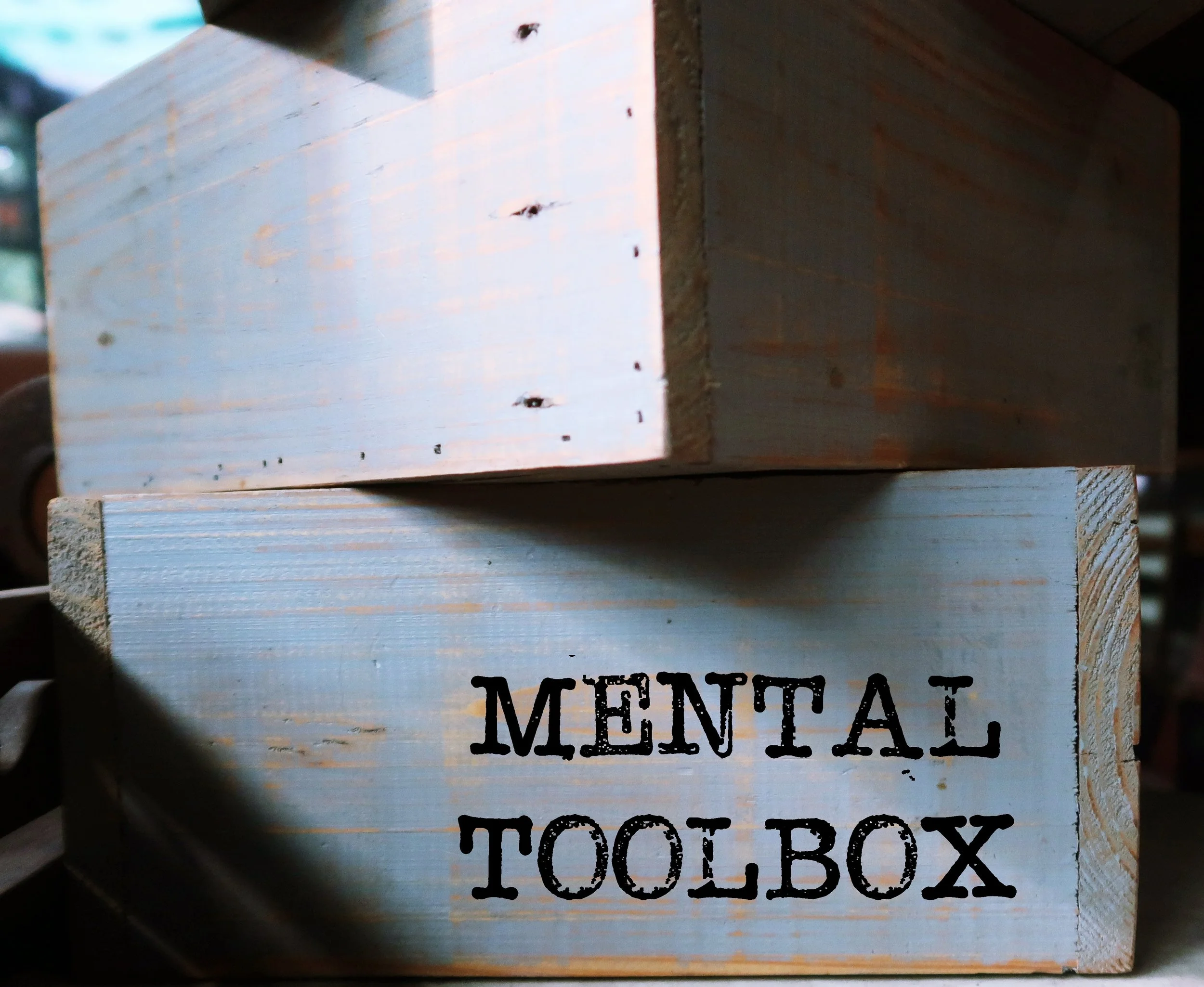We all have hard days. The kind where your motivation disappears, your thoughts spiral, and everything feels just a little heavier. These moments are a natural part of being human—but that doesn’t make them easy.
As a mental health therapist, I often remind clients that while we can’t always prevent tough days, we can prepare for them. One of the best ways to do that is by building a mental health toolbox—a collection of strategies, reminders, and supports you can turn to when you’re struggling.
Think of it as emotional first aid for your mind and heart.
What Is a Mental Health Toolbox?
A mental health toolbox is a personalized set of tools that help you regulate emotions, ground yourself, and reconnect with your inner strength when you're overwhelmed. It’s practical, intentional, and rooted in self-compassion.
It can include:
Activities that soothe you
Coping strategies that regulate your nervous system
Affirmations or reminders of your worth
Contacts or resources for support
Let’s break down some key categories to include in yours:
1. Grounding Tools
These are simple practices that help bring you back to the present moment when your mind is racing.
Examples:
The 5-4-3-2-1 method (identify 5 things you see, 4 you can touch, etc.)
Holding an ice cube or splashing cold water on your face
Tactile tools: smooth stones, fidget toys, textured fabric
2. Emotional Expression
Bottled-up emotions need a safe outlet. These tools help you feel, process, and release.
Examples:
Journaling prompts like “What do I need right now?”
Voice notes to yourself
Drawing, doodling, or painting how you feel
3. Soothing Activities
Comforting rituals can help shift your nervous system from “fight or flight” into “rest and digest.”
Examples:
Your go-to calming playlist
A weighted blanket or cozy hoodie
Watching your favorite low-stakes TV show or comfort movie
A warm shower or bath
4. Connection + Support
Hard days feel worse when we isolate. Remind yourself who you can reach out to.
Include:
A short list of people you can text or call (yes, even if it’s just “Hey, today’s hard”)
Crisis hotlines or therapist contact info
Online support communities or affirming social media accounts
5. Coping Statements or Affirmations
Sometimes we just need a compassionate voice—especially when our inner critic is loud.
Write or print statements like:
“This feeling is temporary.”
“I’ve survived hard days before. I can do it again.”
“My worth isn’t defined by how productive I am.”
Pro Tip: Make It Tangible
Your toolbox doesn’t have to be metaphorical. Consider creating a physical box or journal where you keep these items and reminders. Or build a digital version in your Notes app, Pinterest board, or Google Drive folder.
A mental health toolbox won’t erase your hard days—but it will help you move through them with more support, intention, and care. You don’t have to rely on willpower alone. You just need tools that work for you.
If you don’t know where to start, try picking just three tools from the list above and commit to trying them next time things feel heavy.
You’re allowed to give yourself help, even when you’re not “at your worst.” You’re allowed to make tending to your mental health a regular practice—not a last resort.
And if today is a hard day?
Take a breath. You're not alone.
You’re doing better than you think.


